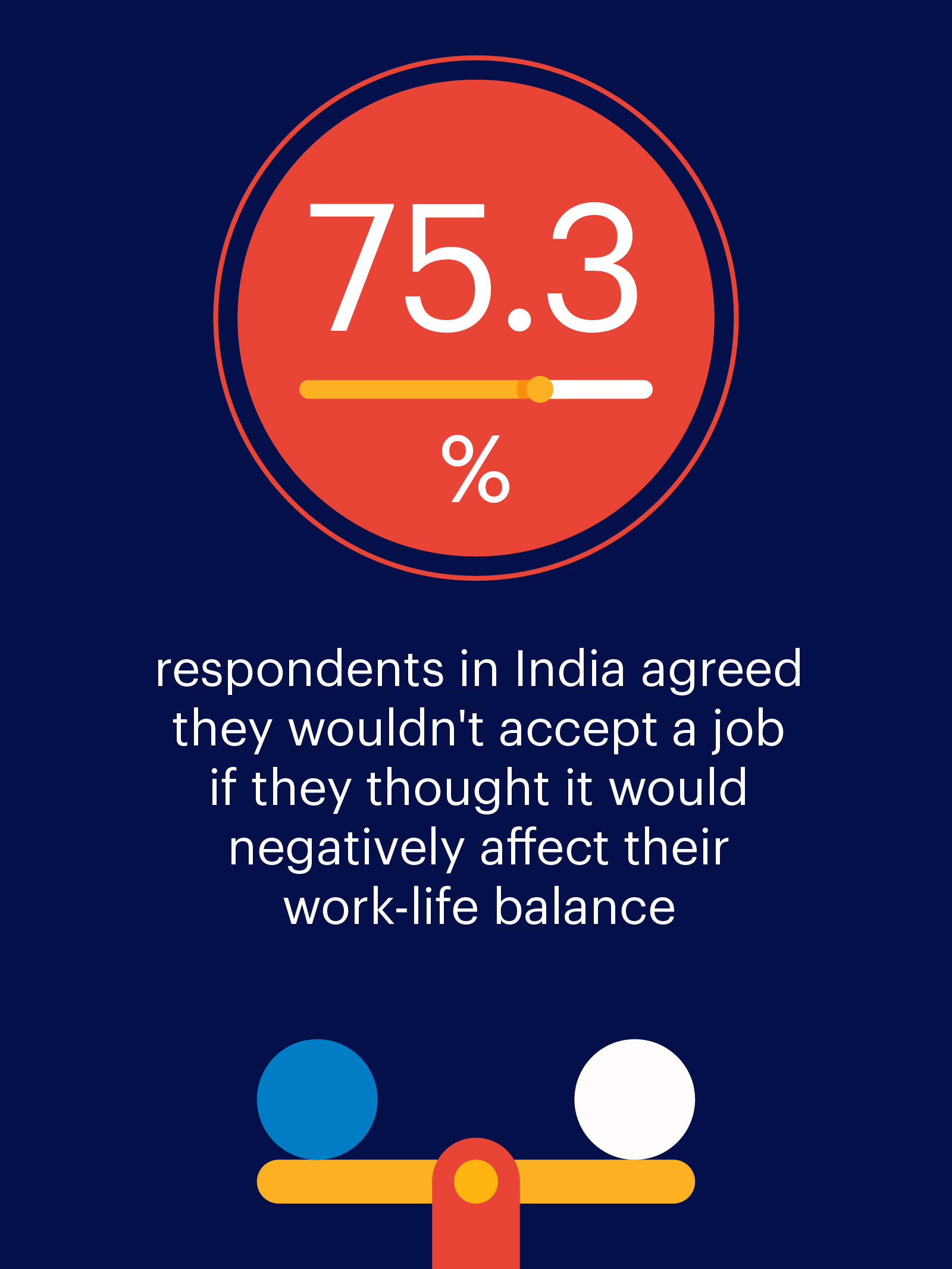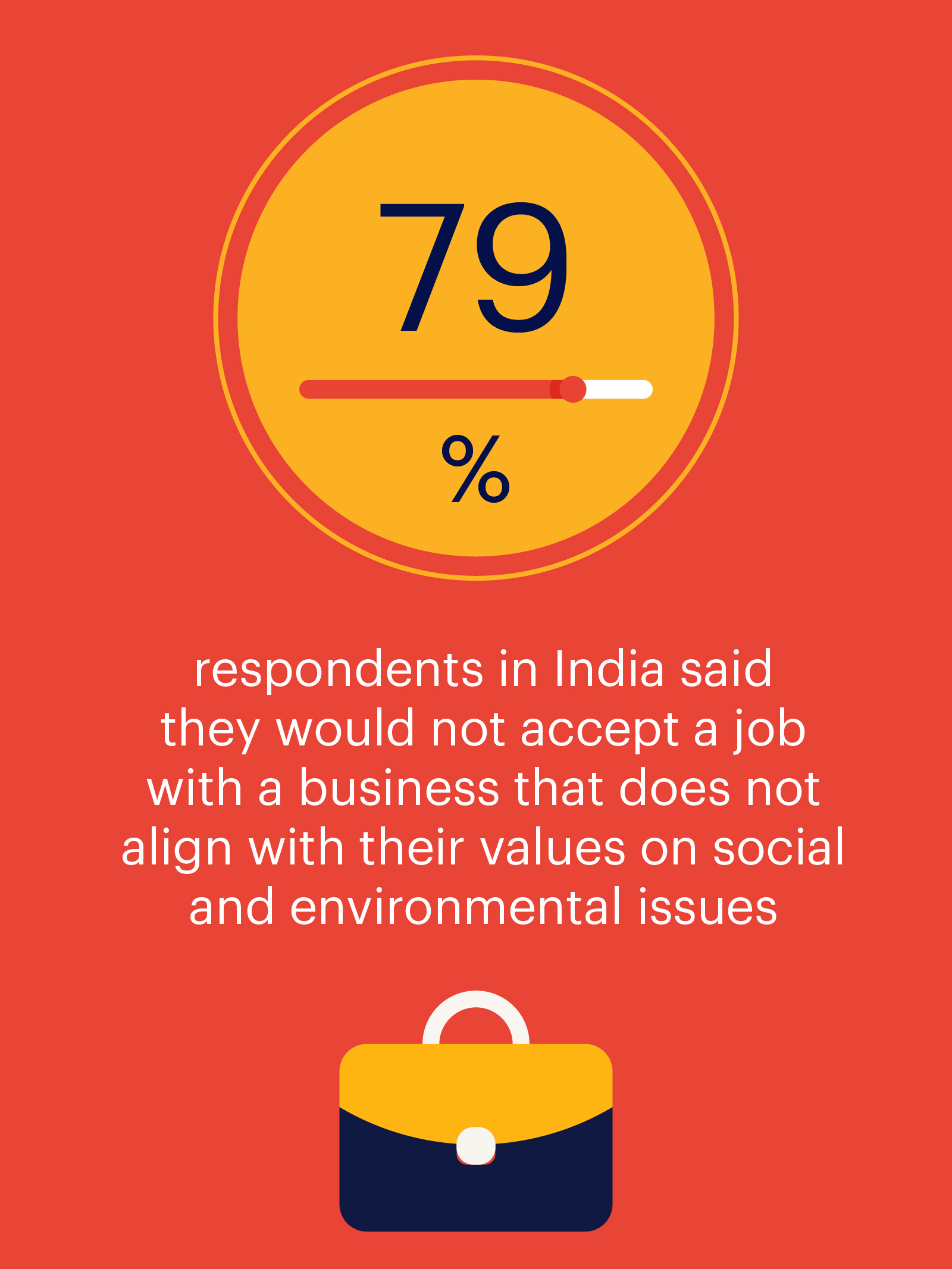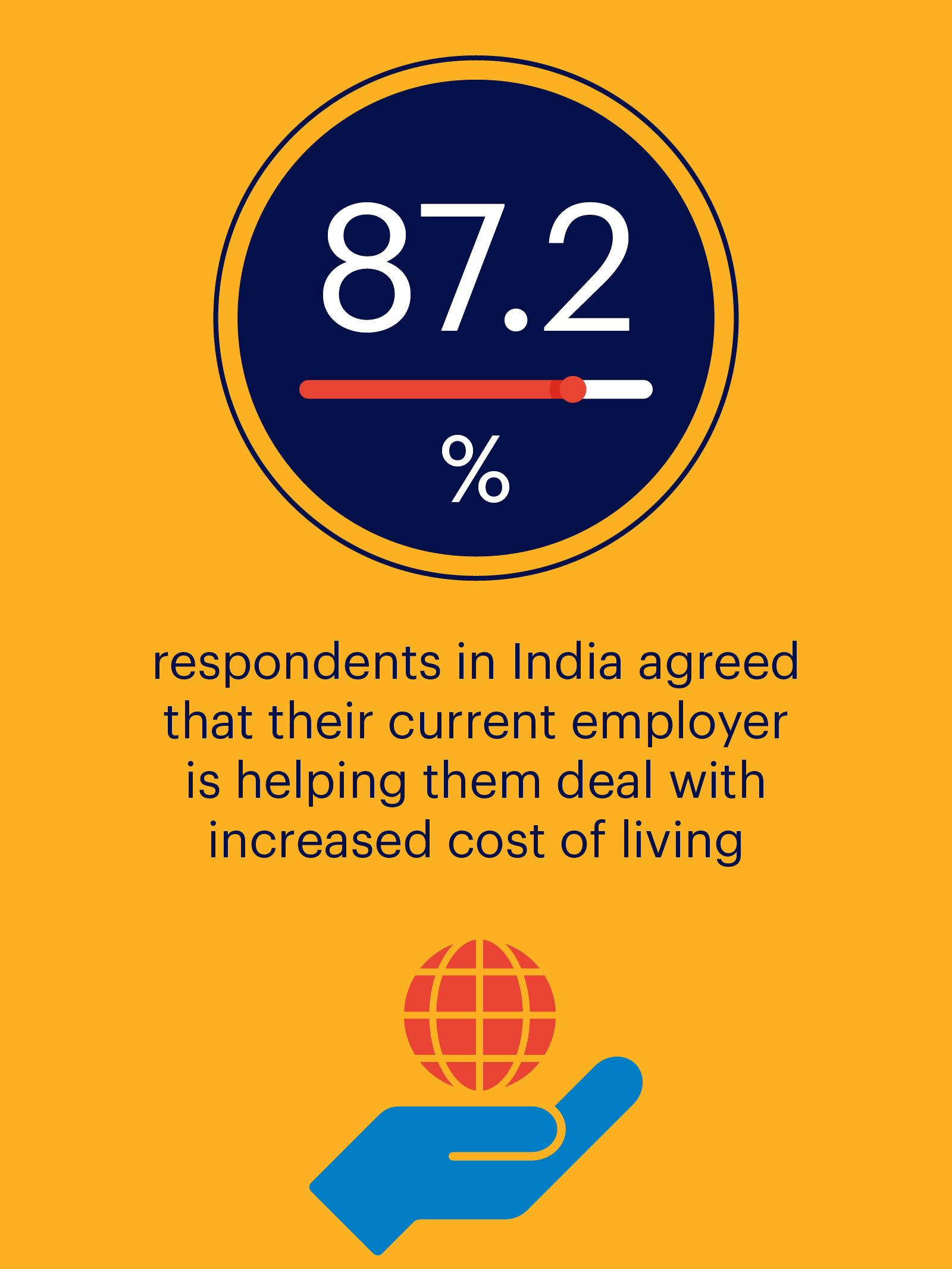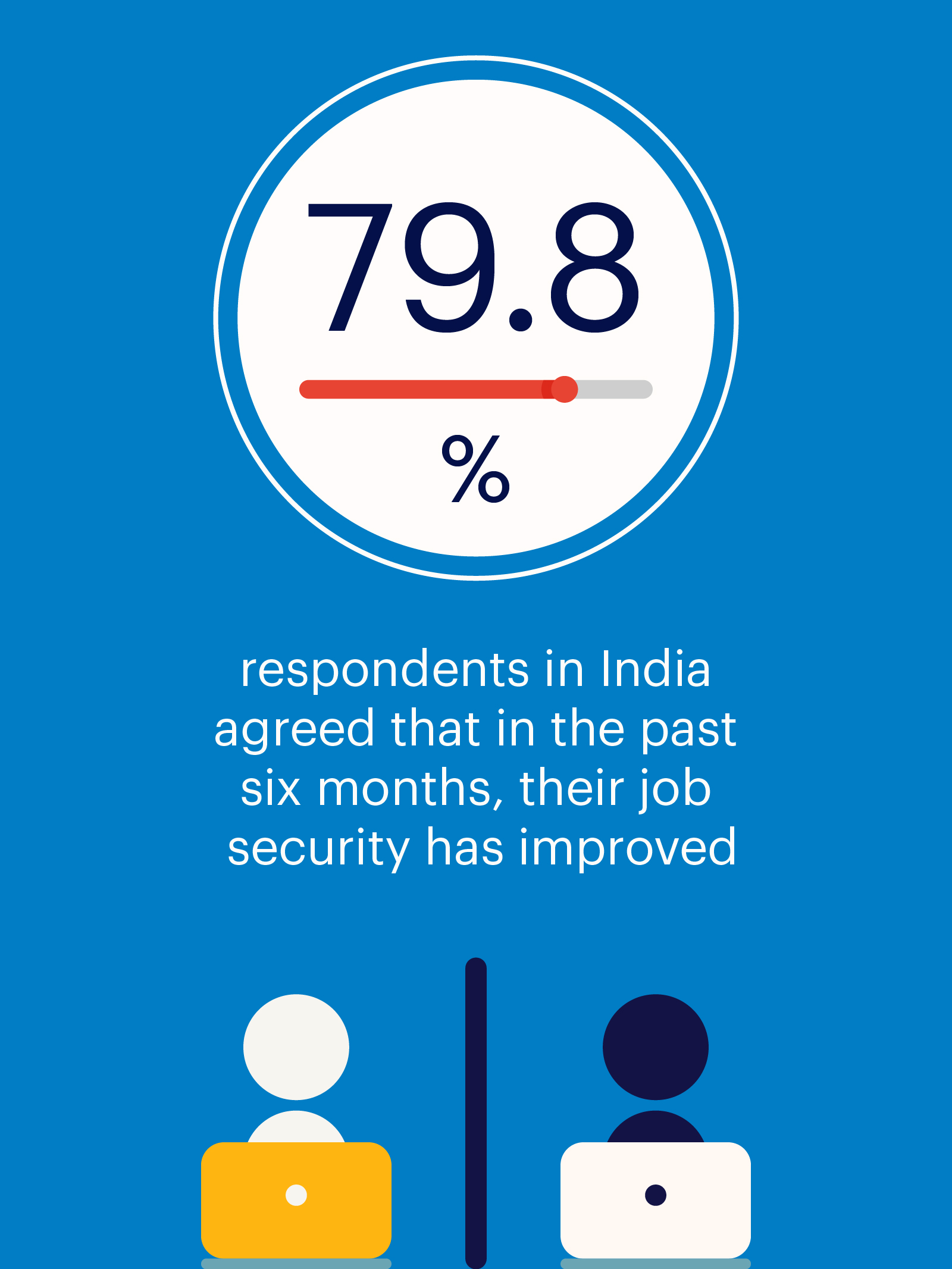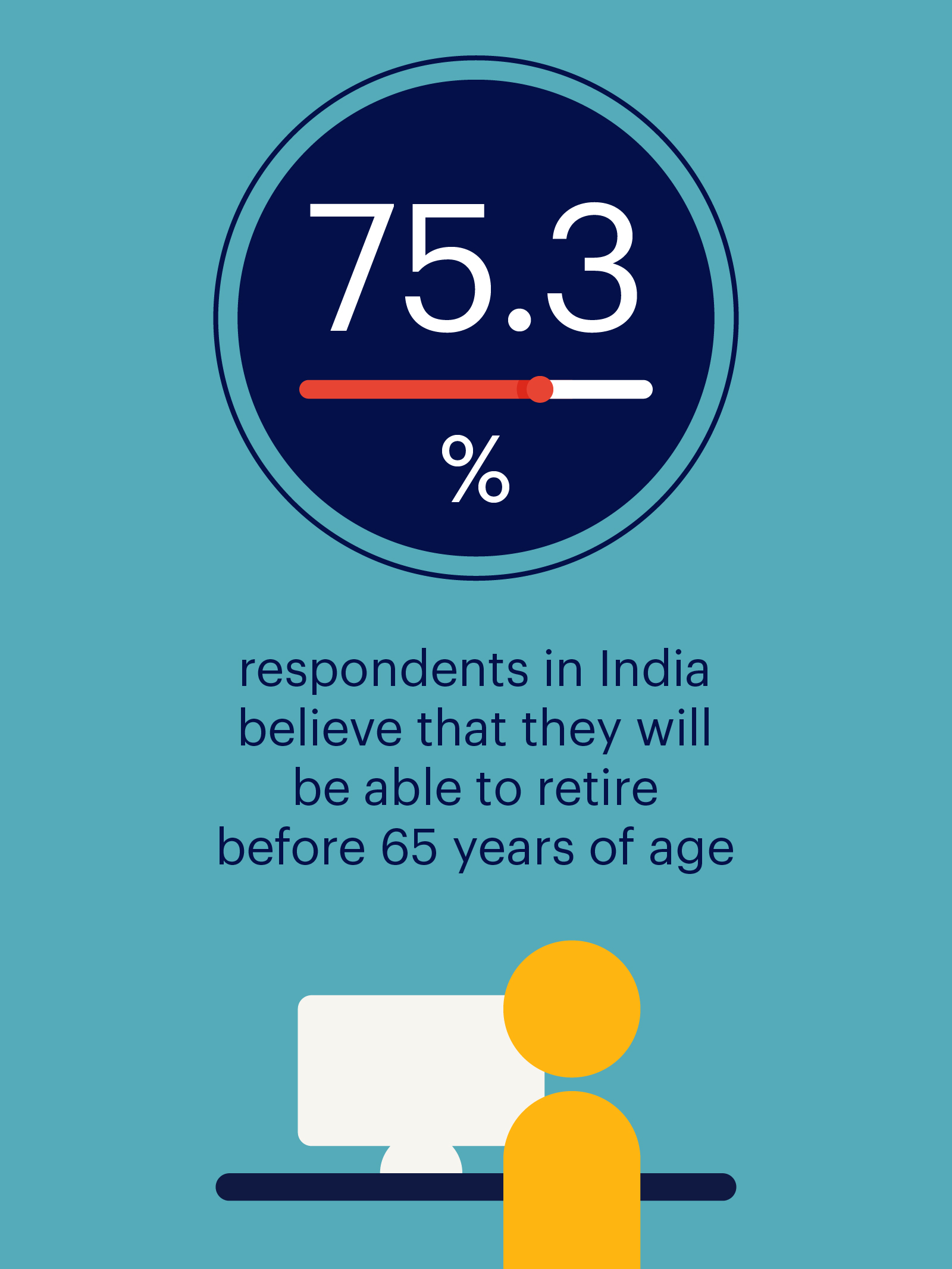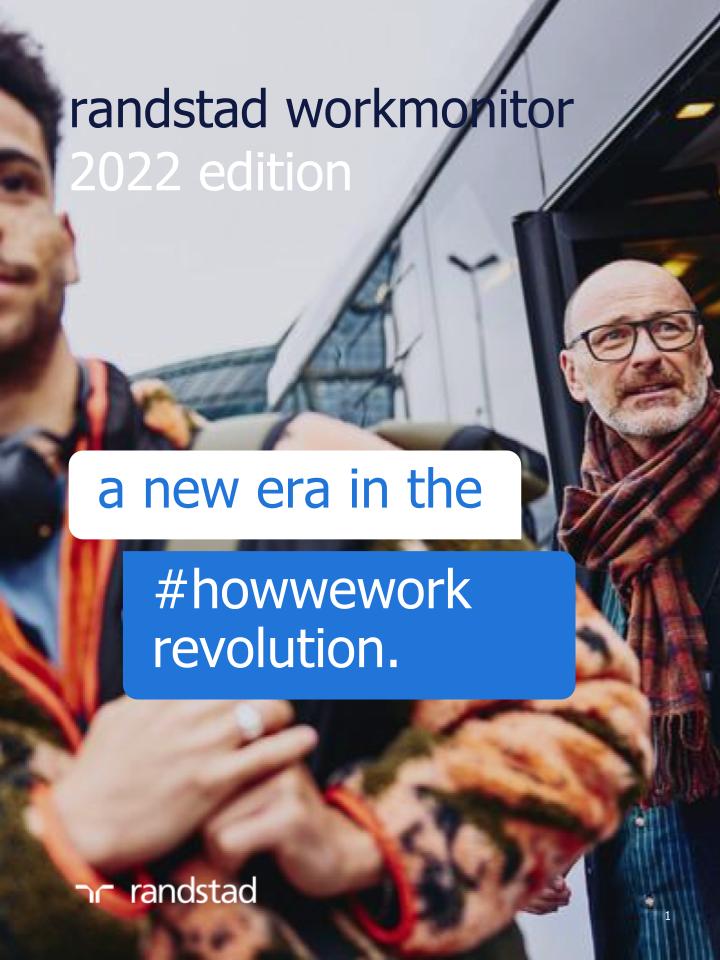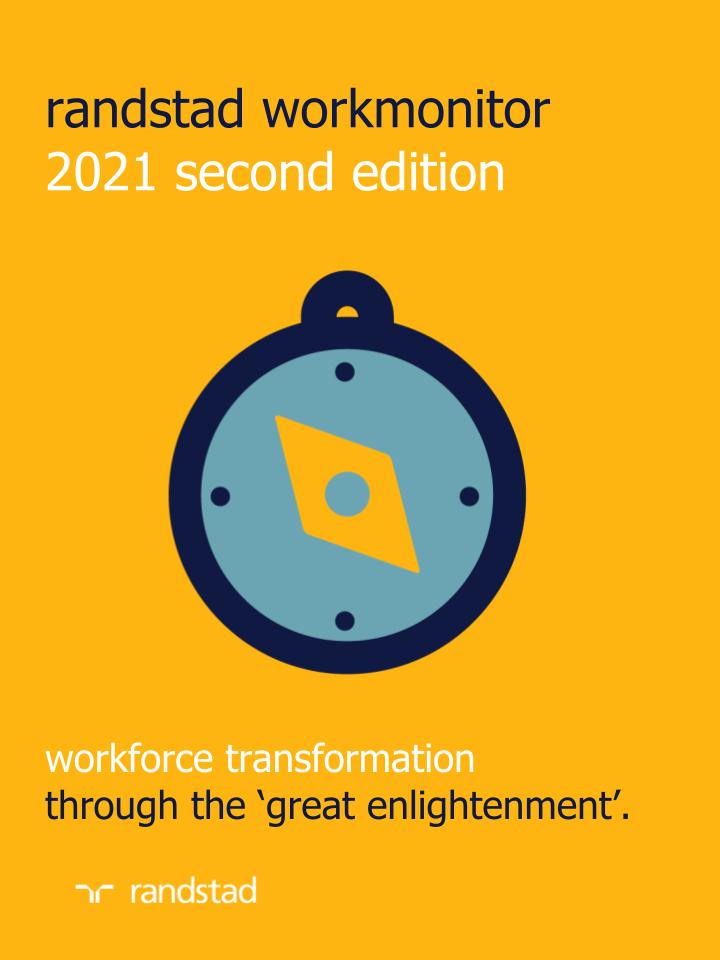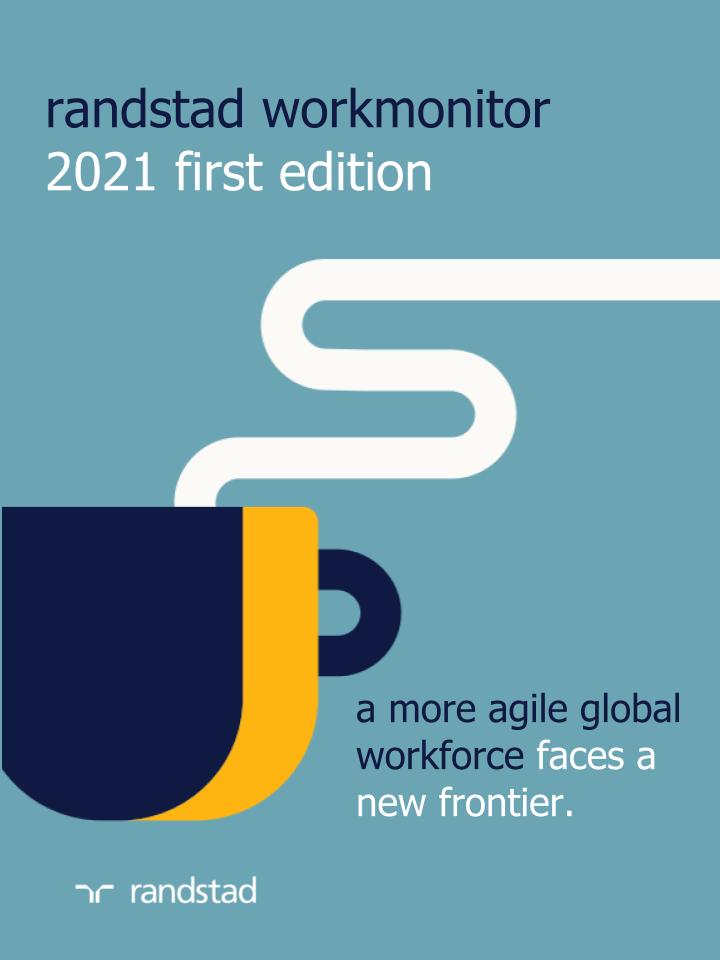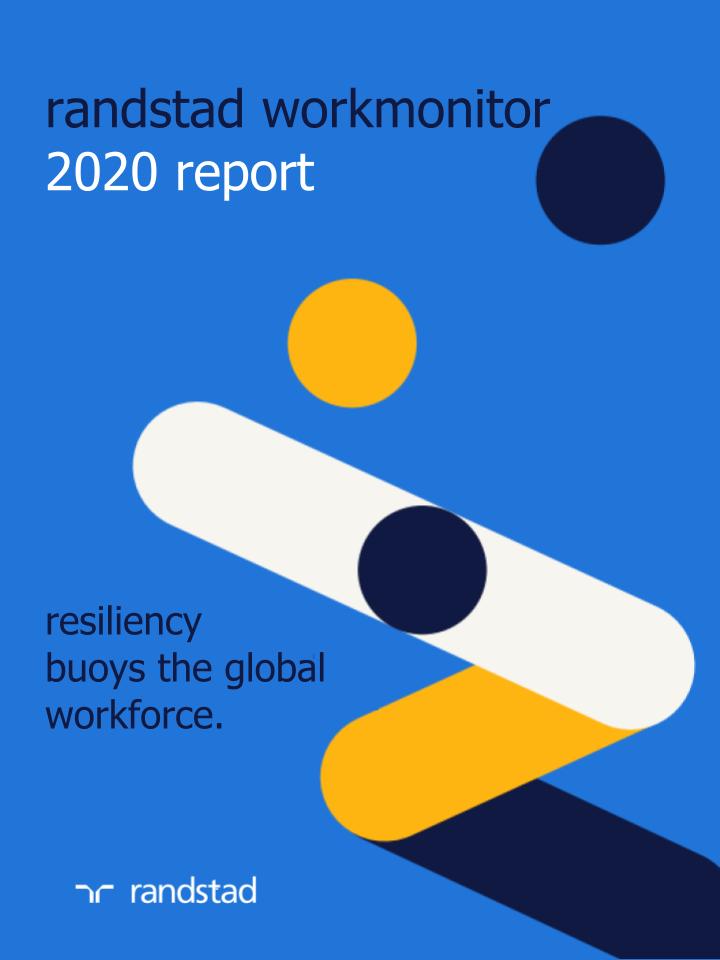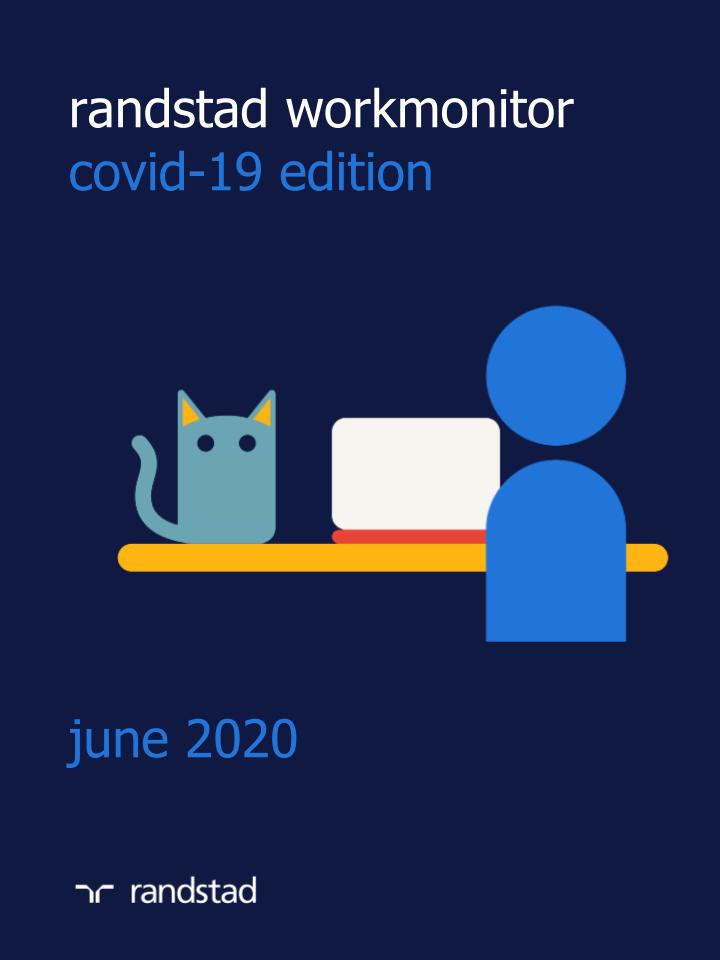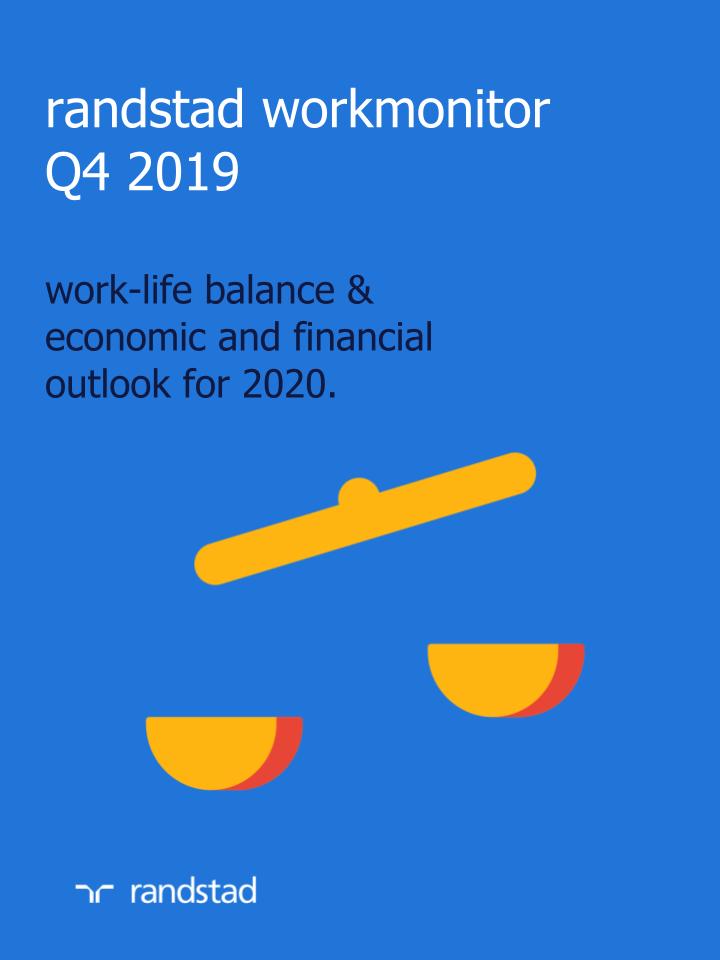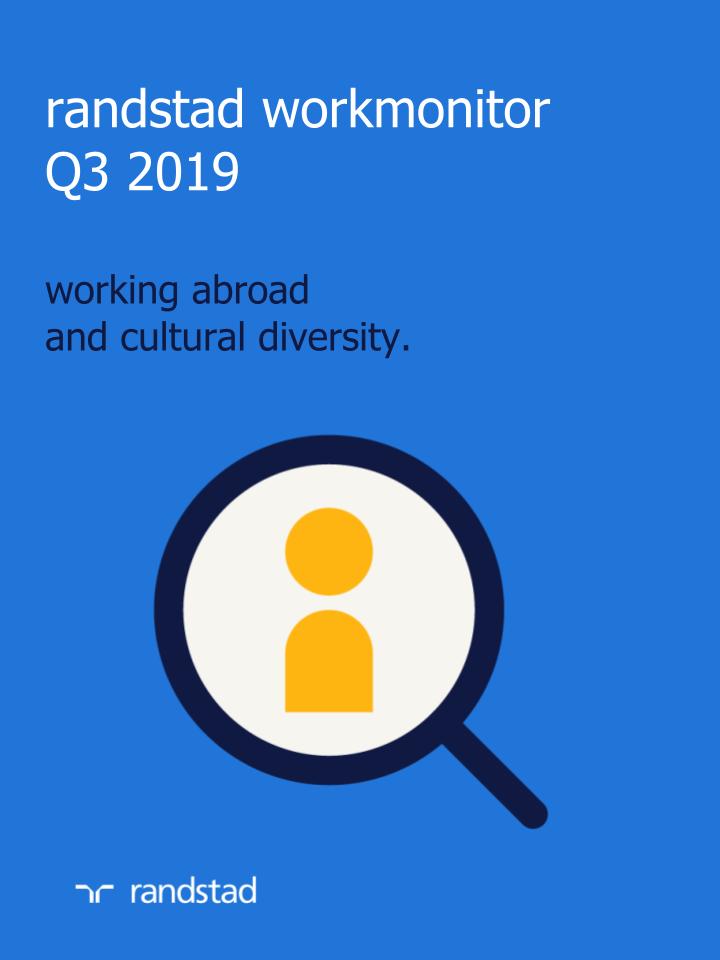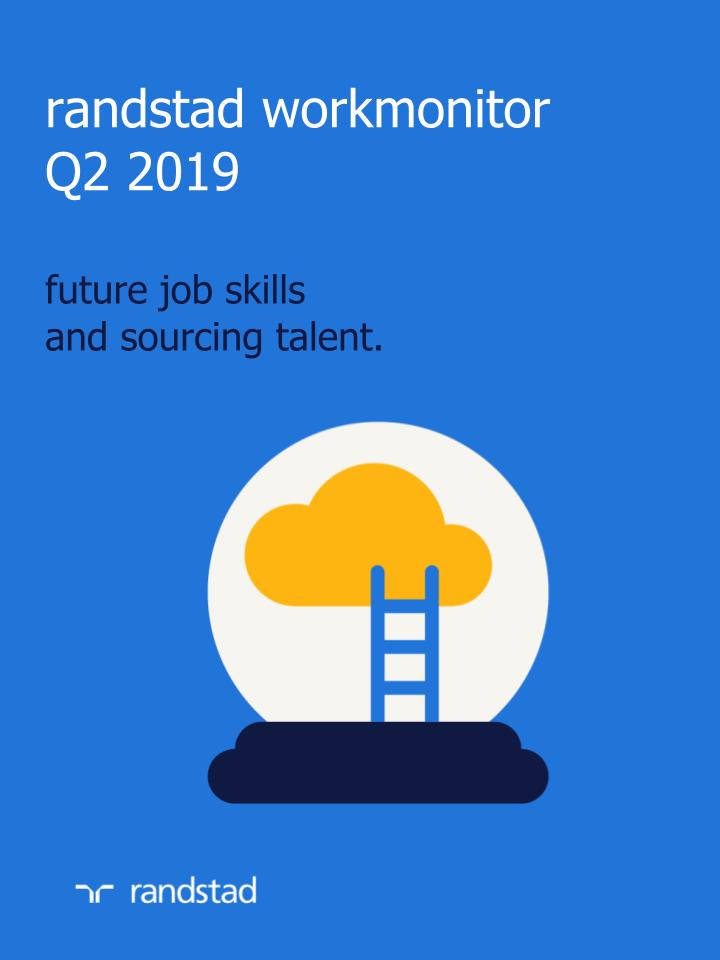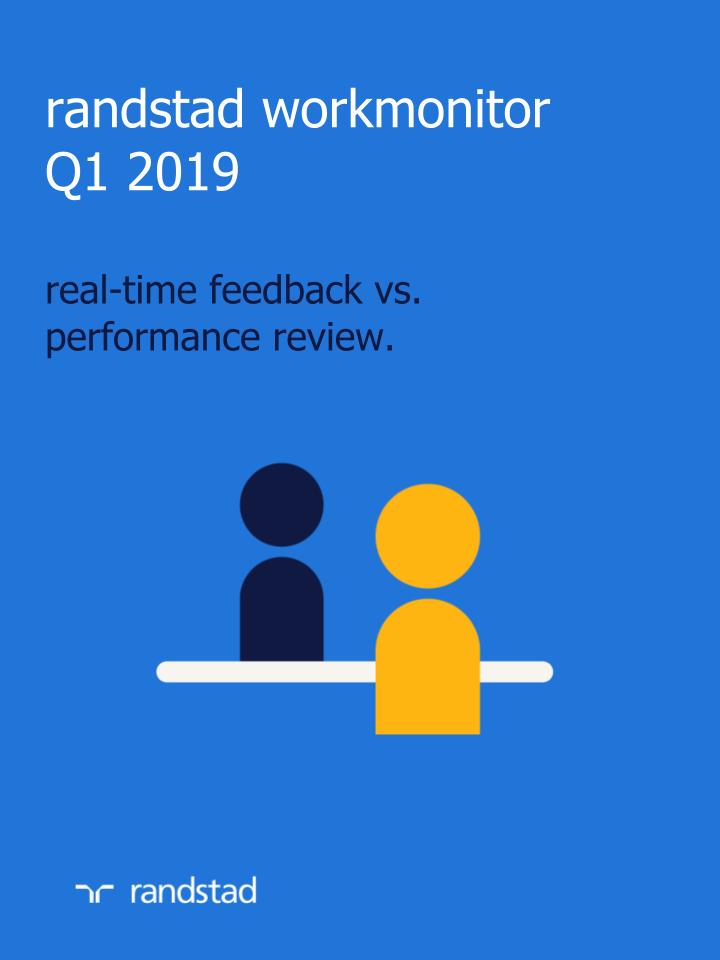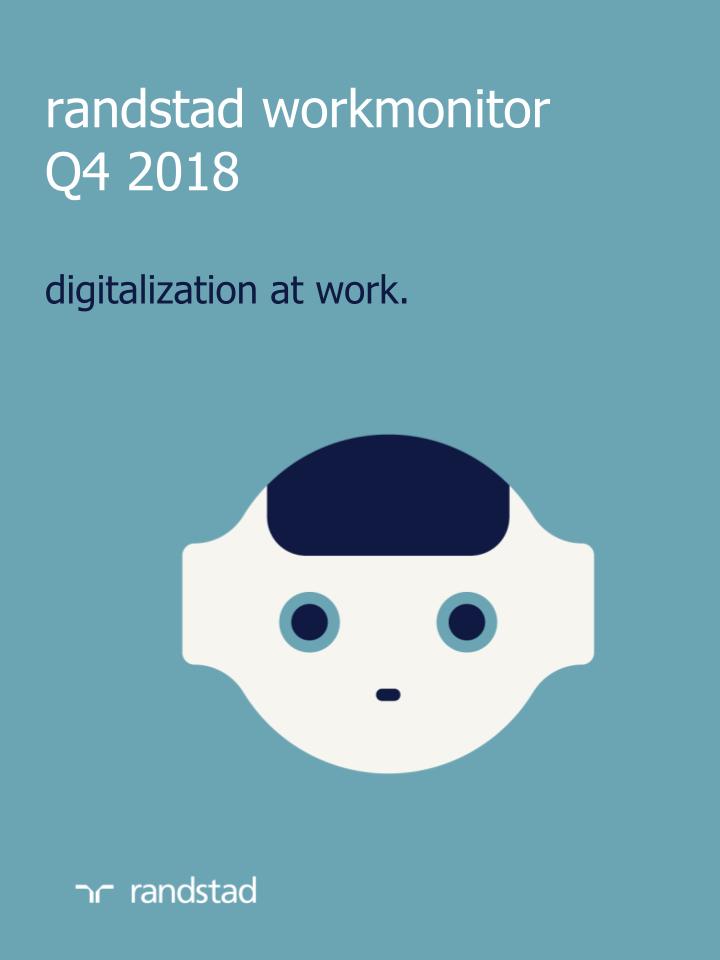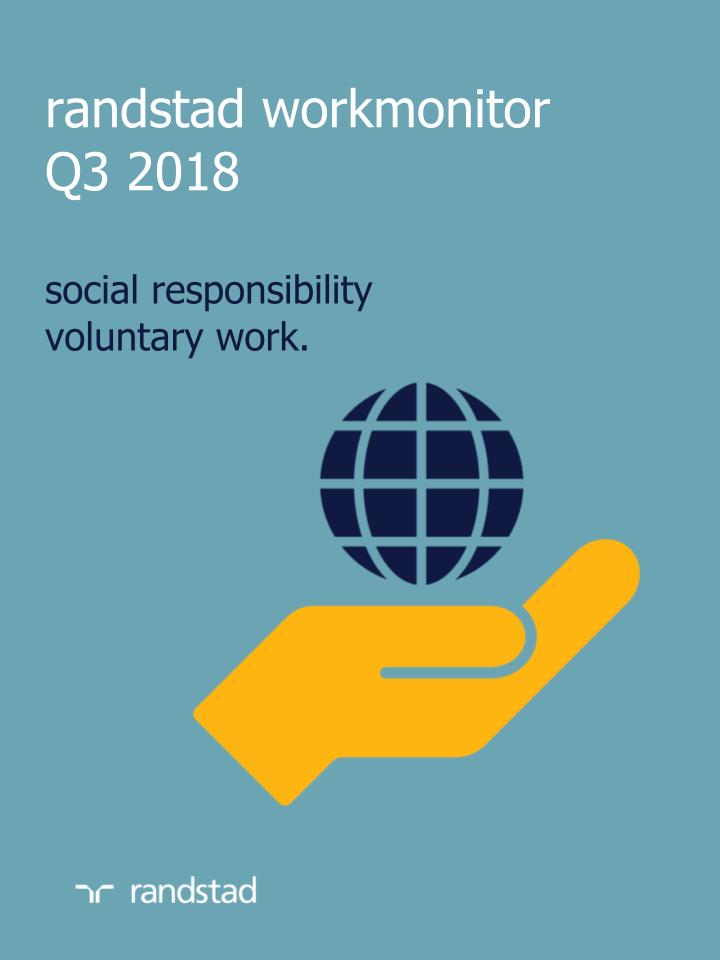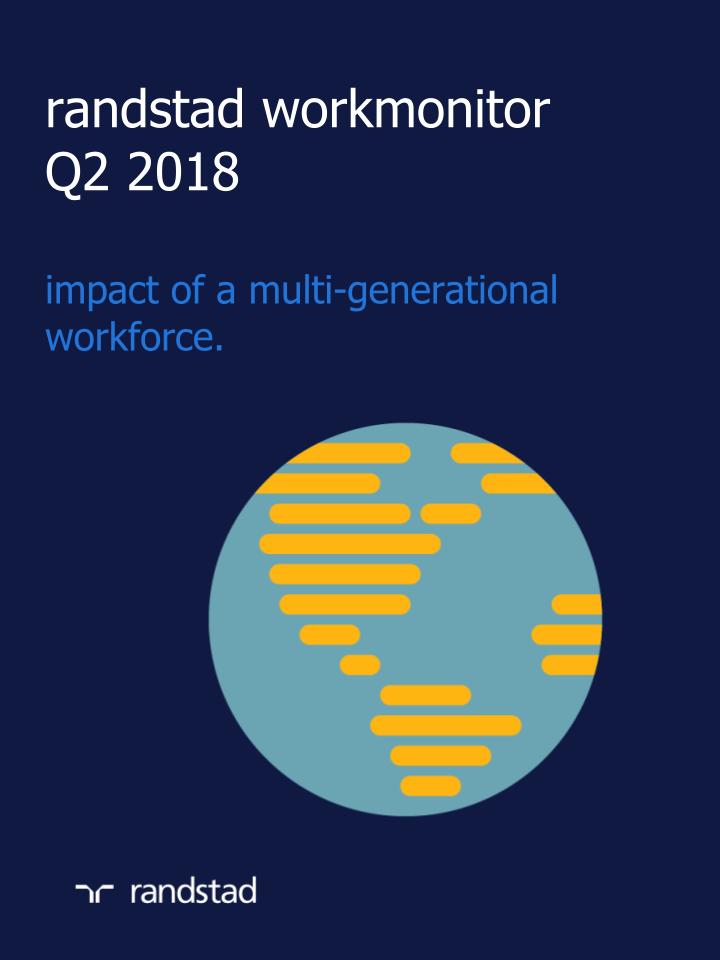explore the themes for 2023.
-
attitude
empowerment around work-life balance
Regardless of whether their job is enjoyable, most (72%) consider work to be an important element of their life. And economic uncertainty hasn’t caused people to abandon their desire for a healthy work-life balance. More than half (61%) wouldn’t accept a position that would disrupt this balance, and these feelings were particularly strong among those 18 to 34 year olds and markedly lower among people 55 and older. A significant share would quit if they found themselves in a toxic working environment (34%), and an even greater portion (48%) would quit a job if it prevented them from enjoying their life.
-
expectations
turning to employers for support.
People facing a rapidly rising cost of living are turning to employers for help, and relief is being sought in a number of ways. The most desired form of help is a monthly cost of living stipend (41%) followed by an increase in pay outside of the usual cadence of an annual review (39%). More than one-quarter (28%) wanted help with paying the cost of energy, commuting and other daily expenses. Nearly half said they are receiving help in some way from their company. Some are cutting spending through a hybrid and flexible schedule, allowing them to reduce childcare and commuting costs.
-
security
economic and job security top of mind
A possible global recession is weighing on the minds of people around the world, and this may have repercussions on employers. A growing number of workers said they are worried about losing their job (37%) and more than half (52%) are worried about the impact of economic uncertainty on their job security. Fortunately, an overwhelming majority said they felt secure in some way, and one-quarter said their situation has improved during the six months prior to being surveyed. Nearly one-quarter (23%), however, wanted to increase their working hours at their current job to help with the rising cost of living.
-
unretirement
older workers return due to the economy
The weakening global economy and high inflation are leading older people to return to work while others are delaying their exit from the labor market. A significant decline in the number of people who believed they could retire before 65 — from 61% last year to just 51% now — indicates widespread concerns about the future. 26% of those 55 and over said they would hold off from retiring. But in an ideal world, 33% of the world’s workforce would like to retire by 60, and 8% would like to do so as soon as possible.
-
belonging
alignment of values is key.
The events of the past three years have led many to reassess the value and purpose of work in their lives, and people are clear about what they want. A desire to achieve a sense of belonging in the workplace – as part of a team or the overall organization they work for – is driving career decisions for many. In fact, a majority (54%) said they would quit if they didn’t sense they belonged at their company. Additionally, many are insistent that their company’s values align with their personal ones, with 42% saying they wouldn’t take a job if this weren’t the case.
interesting reads.
see all articles-
01 July 2024
choosing the best work model for your business.
-
 24 June 2024
24 June 2024what we’ve learned about operating a hybrid workplace.
-
 17 June 2024
17 June 2024best practices for a hybrid workforce: do's and don’ts.
-
 27 May 2024
27 May 2024workplace diversity and inclusion: how to boost it.
-
 20 May 2024
20 May 2024the benefits of workforce diversity, equity and inclusion.
-
 06 November 2023
06 November 2023key areas for proactive HR risk management



